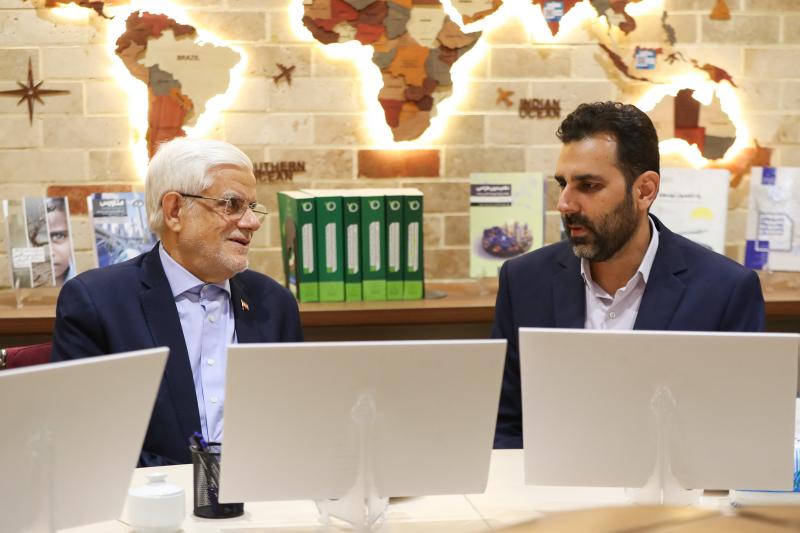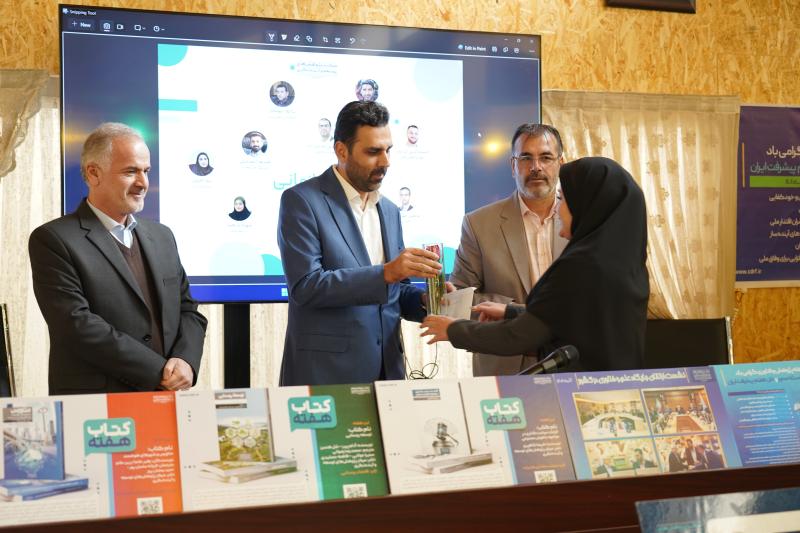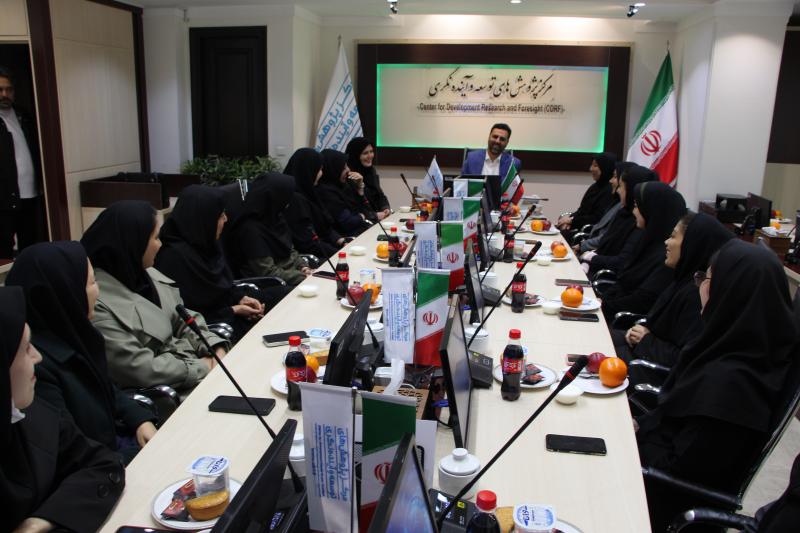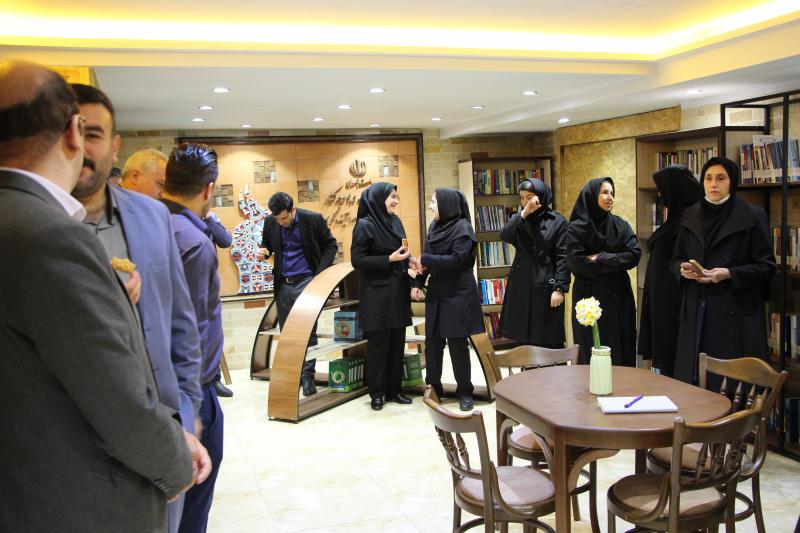
-
بررسی آییننامهها و دستورالعملهای برنامه هفتم پیشرفت
-
بررسی عوامل موثر بر افزایش تصادفات و تلفات جادهای و سوانح رانندگی و دادهکاوی تلفات انسانی
-
سازماندهی و بازآرایی فضایی آموزش عالی کشور
-
به روز رسانی سند ملی آمایش سرزمین
-
انجام مطالعات مناطق آزاد به عنوان نواحی پیشران اقتصادی کشور
-
اصلاح ساختار بودجه و پیاده سازی نظام یکپارچه مدیریت اطلاعات مالی دولت (IFMIS)
کلید واژه : Exchange rate
تعداد اخبار : 8
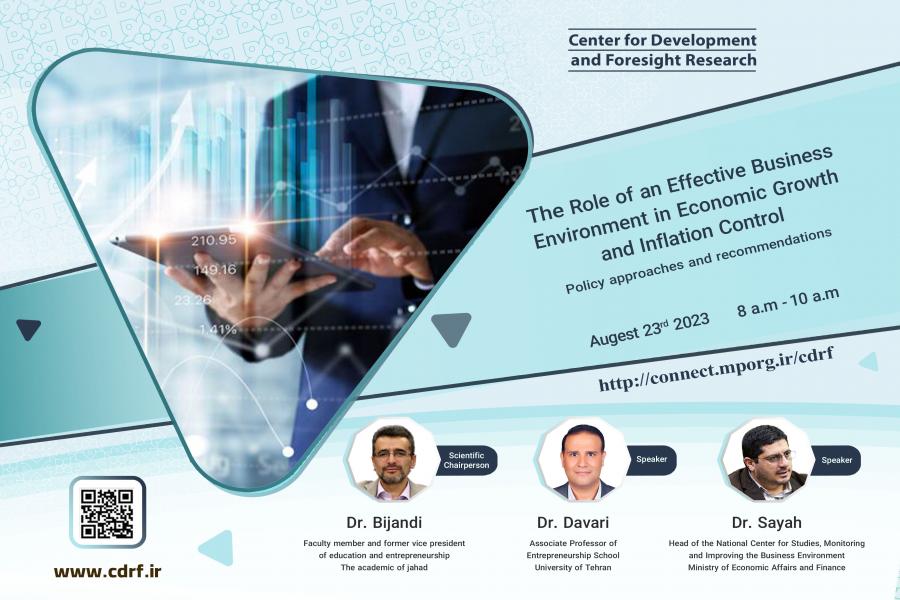
The Role of an Effective Business Environment in Economic Growth and Inflation Control: Approaches and Policy Recommendations
The specialized conference titled “The Role of an Effective Business Environment in Economic Growth and Inflation Control: Approaches and Policy Recommendations” was recently held. The conference was attended by several notable figures, including Dr. Mohammad Sadegh Bijandi, a former member of the academic board and deputy of education and entrepreneurship of the Academic Center for Education, Culture, and Research, who served as the scientific director. Other attendees included Dr. Ali Davari, an associate professor of entrepreneurship at the University of Tehran, and Dr. Amir Sayyah, the head of the National Center for Business Environment Studies, Monitoring, and Improvement of the Ministry of Economic Affairs and Finance, who both served as scientific speakers. The conference aimed to discuss approaches and policy recommendations for creating an effective business environment to promote economic growth and control inflation.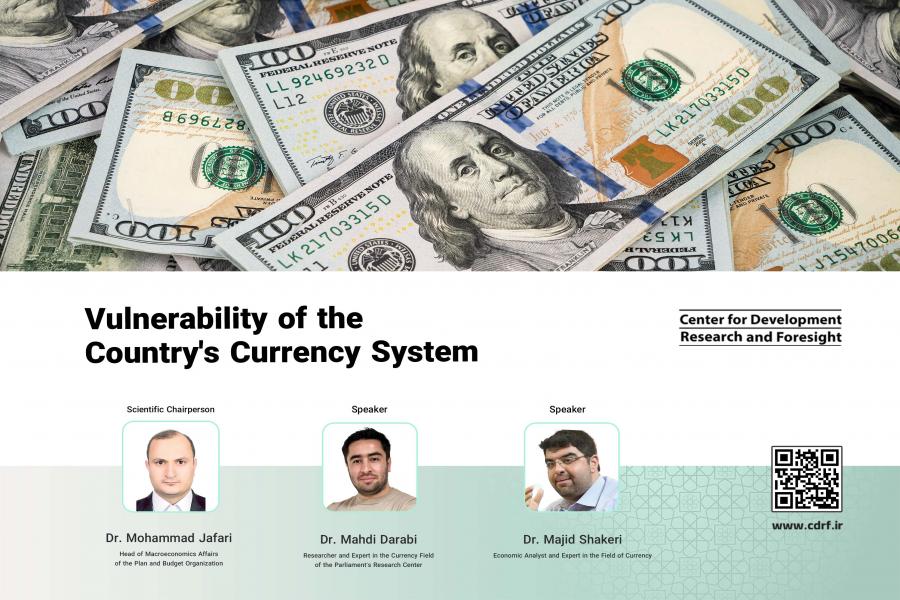
A Review of the Country's Foreign Exchange System: Identifying Vulnerabilities, Addressing Challenges, and Formulating Effective Policy Recommendations.
Exchange rates, as critical macroeconomic indicators, play a pivotal role in assessing a nation's economic resilience in the face of diverse shocks and uncertainties. Guided by their unique economic and political landscapes, as well as their status as oil exporters or importers, countries adopt specific currency regimes, each with its distinct set of requirements and constraints. An oil-exporting nation's economic priorities and strategies may diverge significantly from those of an oil-importing nation.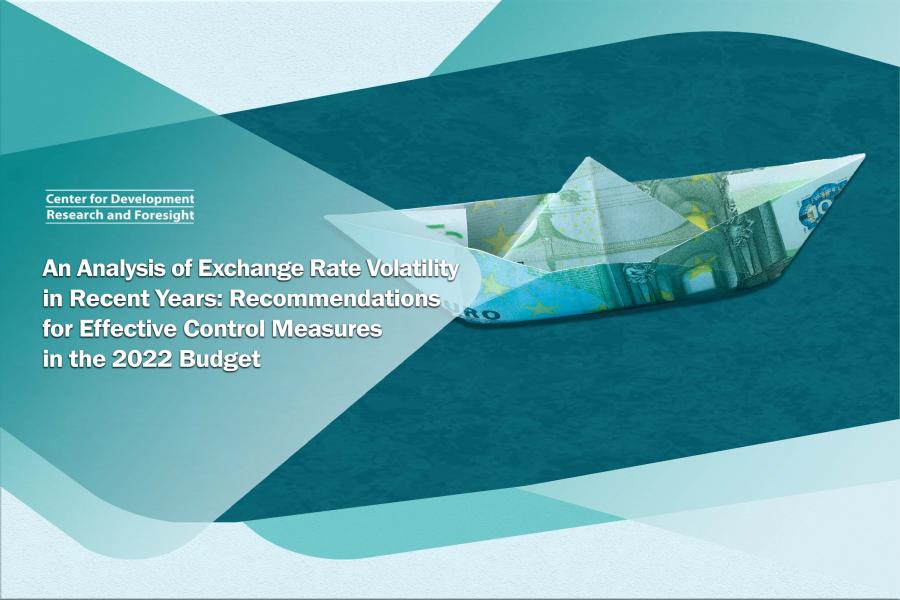
An Analysis of Exchange Rate Volatility in Recent Years: Recommendations for Effective Control Measures in the 2022 Budget
The foreign exchange market, a crucial element of the economy, exerts a profound influence on the regulation of other economic sectors. In recent years, significant exchange rate fluctuations have been observed, predominantly stemming from the direct impact of international sanctions and the improper management of the foreign exchange market. These fluctuations have emerged as a primary catalyst for macroeconomic instability.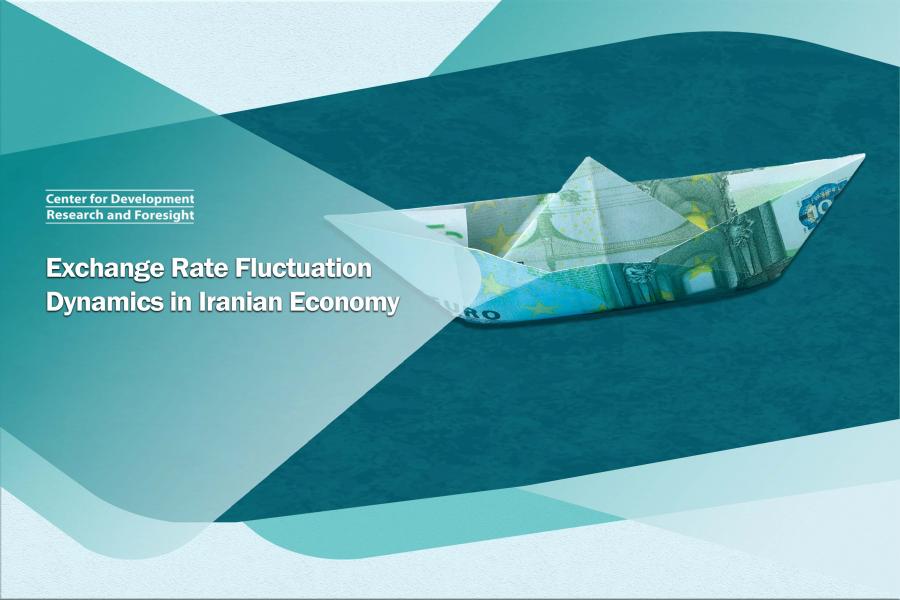
Exchange Rate Fluctuation Dynamics in Iranian Economy
Iran's long-standing exchange rate volatility, marked by a persistent upward trend throughout the past century, has intensified in the latter half of the 20th century. These exchange rate shocks have primarily stemmed from various protectionist and regulatory policies implemented by successive Iranian governments. The prevalence of multiple exchange rates, attempts to suppress exchange rates through administrative measures, and the fixation of exchange rates have all contributed to these fluctuations. A notable turning point occurred in 2018 when the Iranian government introduced a preferential exchange rate of 4200 alongside the prevailing market rate, in response to the United States' withdrawal from the Joint Comprehensive Plan of Action (JCPOA) and the subsequent need to manage the foreign exchange market.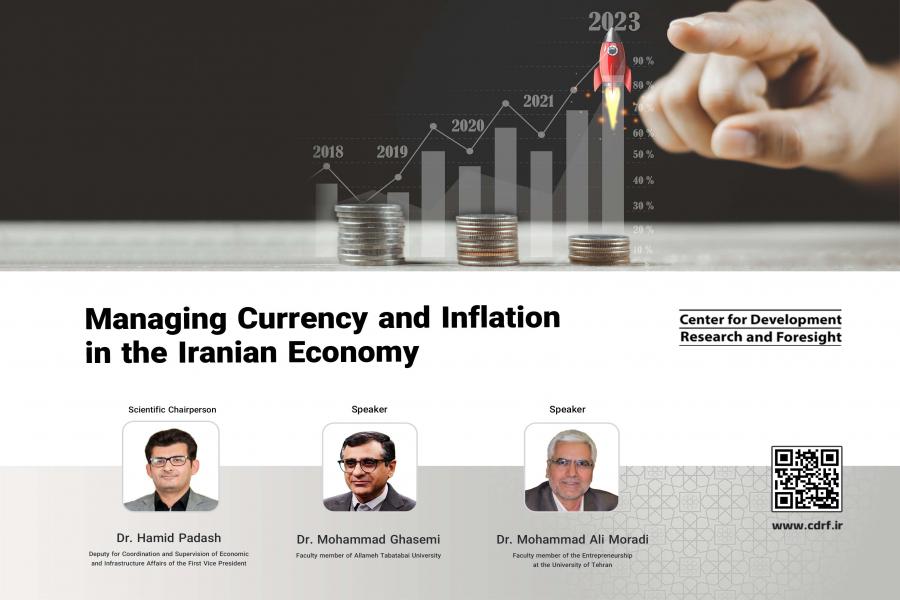
Exchange Rate and Inflation Policies in Iran's Economy
Inflation and exchange rate fluctuations have been persistent challenges in Iran's economy for several decades, leaving policymakers grappling with these issues. Double-digit inflation rates and currency shocks have become almost commonplace, characterizing the country's macro-economy for nearly half a century. However, in the past five years, these two issues have exacerbated Iran's economic situation, leading to unprecedented levels of inflation and exchange rates. Addressing inflation has become a priority in the country's policymaking, as reflected in the current year's slogan.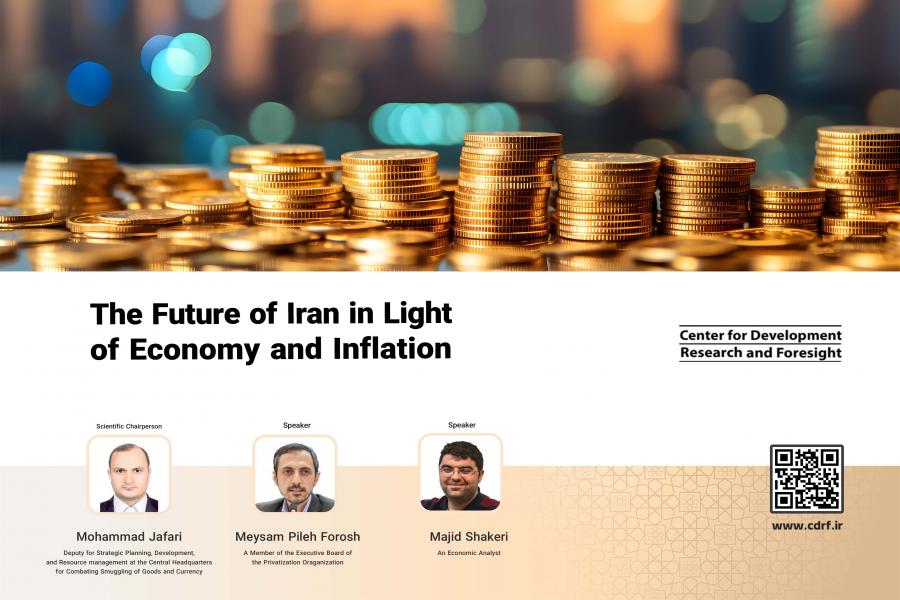
The Future of Iran: From an Economic Perspective
The Center for Development Research and Foresight hosted a pivotal conference titled “The Future of Iran: From an Economic Perspective” with the participation of leading economists and policymakers pointing out the persistent inflation, anemic growth, and deep-seated structural issues.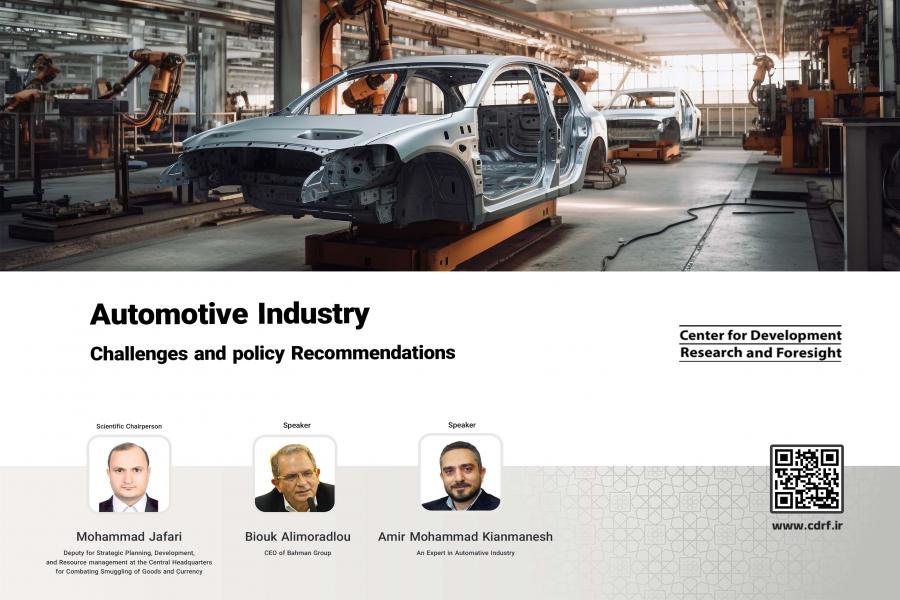
Automotive Industry: Challenges and Policy Recommendations
The recent conference at the Center for Development Research and Foresight, titled "Automotive Industry: Challenges and Policy Recommendations," was held with the participation of notable figures. These included Mohammad Jafari, Deputy for Strategic Planning, Development, and Resource Management of the Central Headquarters for Combating Smuggling of Goods and Currency; Biouk Alimoradlou, CEO of Bahman Group; and Amir Mohammad Kian Manesh, an expert in the automotive industry.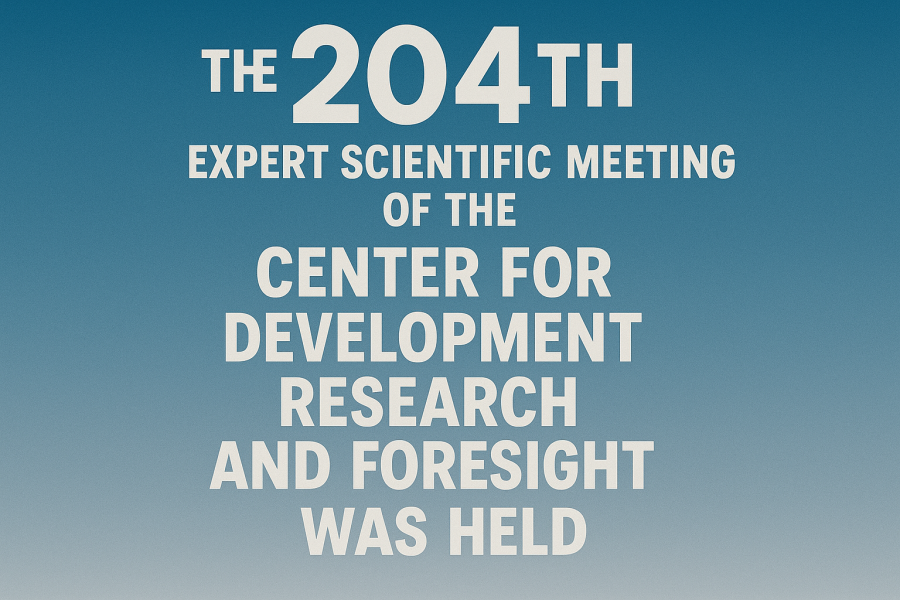
The 204th Expert Scientific Meeting of the Center for Development Research and Foresight (CDRF) was held.
According to the Public Relations Office of the CDRF, the 204th Expert Scientific Meeting of the CDRF was held on Tuesday, April 15, 2025, under the title 'The Government's Orientation in Fulfilling the 1404 Slogan (Investment for Production).
امروز : سه شنبه، ۲۸ بهمن ۱۴۰۴

